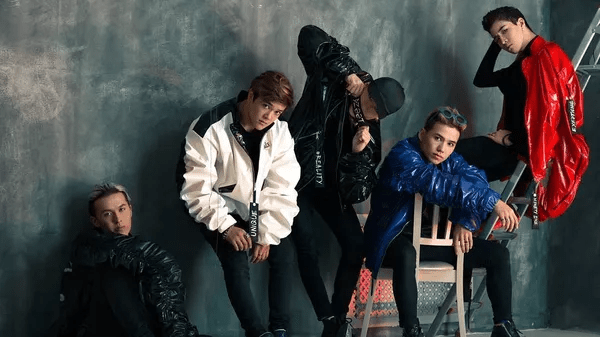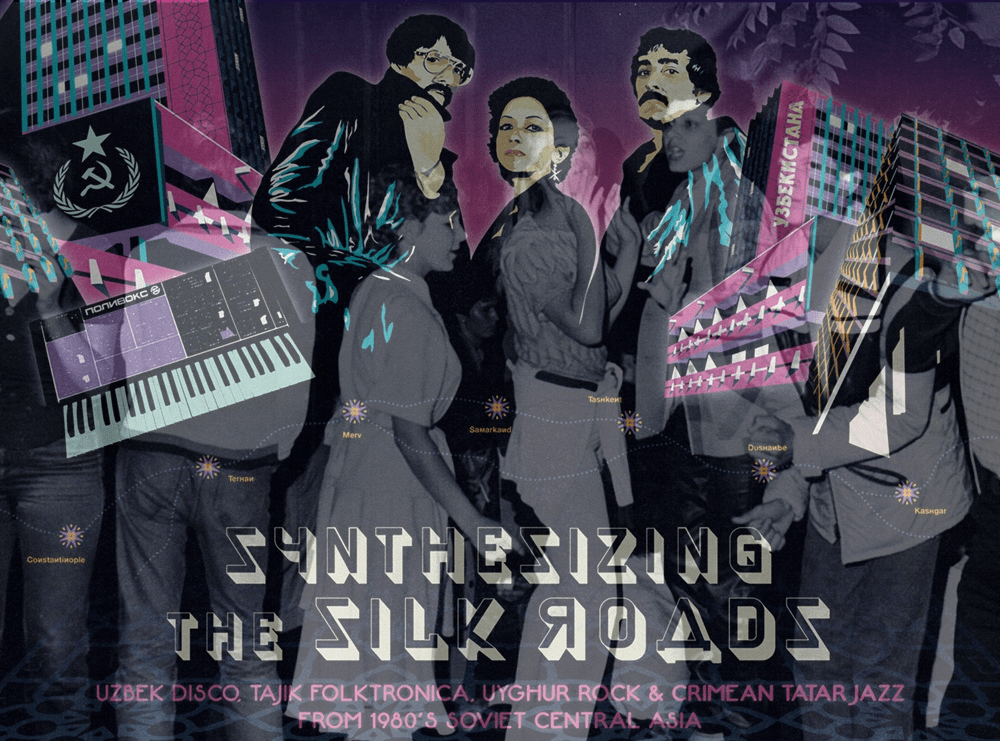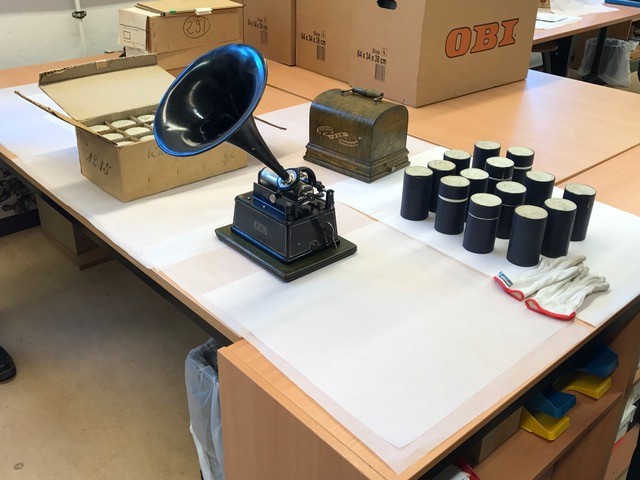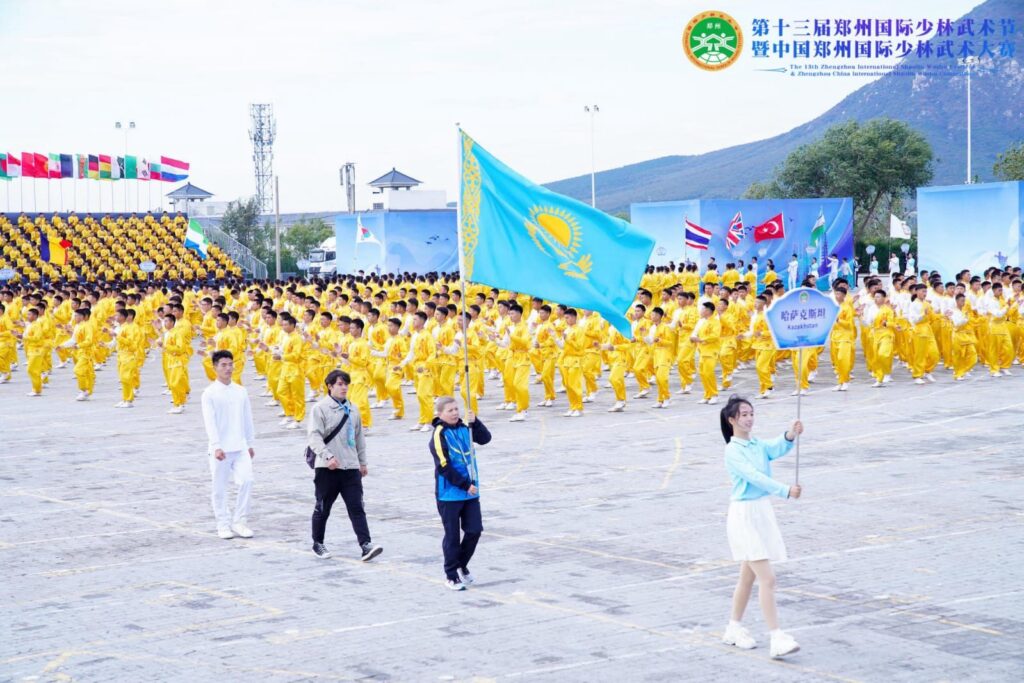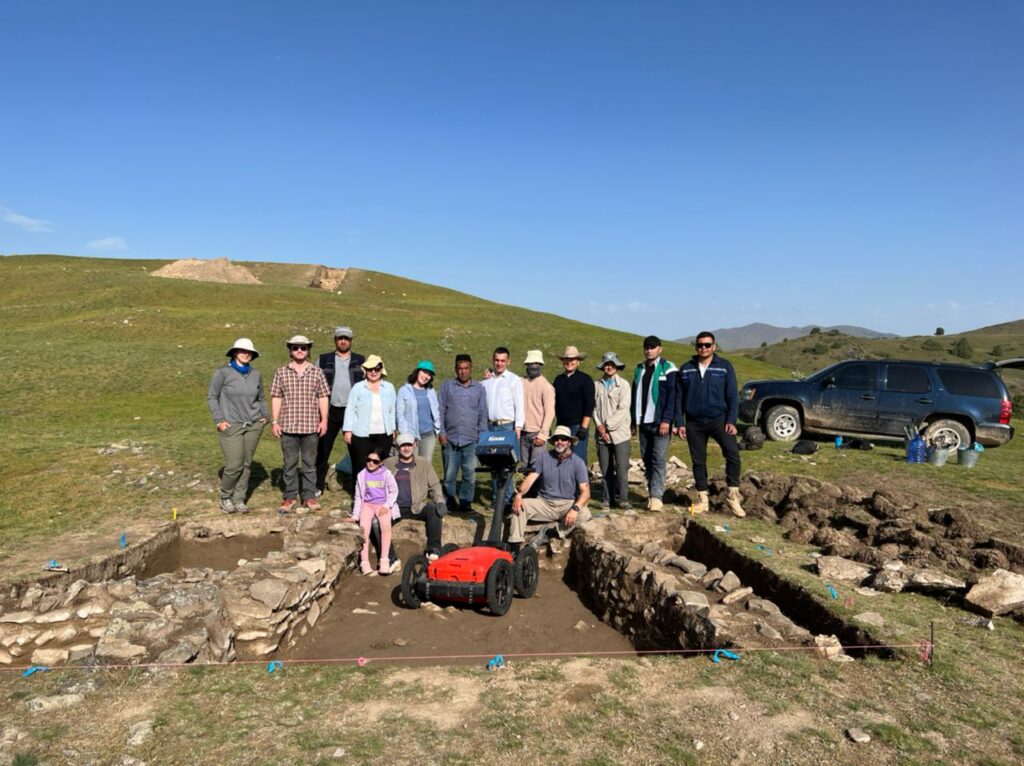Ninety One revolutionized Kazakhstani pop music by pioneering the Q-pop genre. With their vivid images, deep lyrics and courage in expressing themselves openly. They broke gender stereotypes and inspired a new generation of artists.
How it started
Ninety One were founded in 2014, based on the “K-Top Idols” project, which sought to create Kazakhstan’s first idol group. Initially, the jury selected two participants: A.Z. (Azamat Zenkaev) and Zaq (Dulat Mukhamedkaliev). Later, after additional auditions, they were joined by Bala (Daniyar Kulumshin) and Alem (Batyrkhan Malikov). The fifth member was Ace (Azamat Ashmakyn). The producer of the group, Yerbolat Bedelkhan, sought not only to create a new musical team, but to lay the foundation for the development of a new genre – Q-pop (Qazaq pop) – to unite Kazakh culture with modern pop music and bring it to an international audience.
A challenge to society and initial successes
Released in 2015, Ninety One’s debut music video for the song “Ayyptama” (Don’t blame me), was a breakthrough. The daring style of the members – bright clothes, makeup and skirts – caused heated debates in still conservative Kazakhstani society. Many criticized the group for being “unconventional,” but young people quickly accepted the new format, seeing in it the freedom of self-expression.
Despite pressure, canceled concerts and criticism, Ninety One continued to make steady progress. Their work has been recognized both at home and abroad. The hits “Qalay Qaraisyn” (How do you look at it?), “Su Asty” (Underwater) and “Taboo” (with Irina Kairatovna) gained popularity, and the group’s albums became a cultural phenomenon.
In addition to music, the band found time to test themselves on the silver screen. On August 24, 2017, the film, Ninety One, dedicated to the history of the group and their path to success, was released. The film was directed by Askar Uzabaev, and the producers were Asel Sadvakasova and Erbolat Bedelhan. The picture entered the top three leaders at the Kazakhstan box office, reaping 32,672,000 tenge on the first weekend of its release alone.
Contributing to the fight against gender stereotypes
Ninety One broke stereotypes about how men should look and behave in Kazakhstani society. They showed that a colorful apparel, experimentation with fashion and openness to new ideas are not a weakness, but a strength.
The group inspired young people to boldly express themselves, overcome the fear of judgment, and break with outdated stereotypes. They became an inspiration for new artists, playing a key role in the development of the Q-pop industry.
Ninety One’s fan base grew so large that they gave themselves the nickname “eagles” after the symbol which was the band’s signature gesture: crossed palms representing a bird, the symbol of the national flag of Kazakhstan.
Today, Ninety One remain one of the most successful musical groups in Kazakhstan, actively touring, releasing new albums and continuing to attract the attention of international audiences. In 2023, the group released the album GAP, which became a huge hit. Among the most popular tracks is “АPEREM AI” (I’ll get the moon), which has garnered almost a million listens on Spotify. Another song on the album, “Ottegi” (Oxygen), also gained an impressive 515,000 listens.
Ninety One’s work reached beyond music to symbolize a movement for freedom of expression and cultural diversity. Ninety One remain a symbol of transformation, proving that art can change the world.
